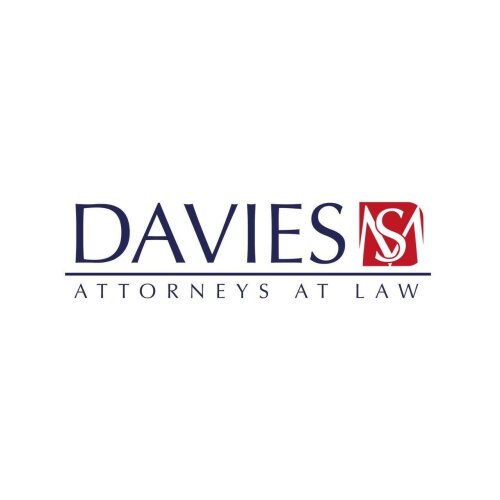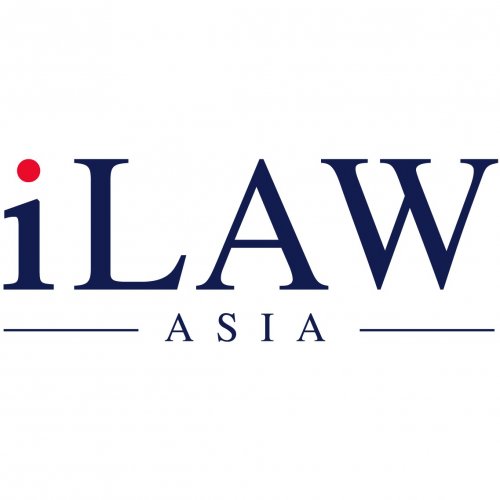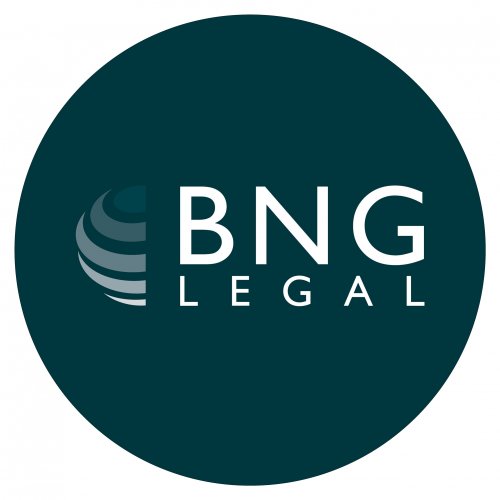Best Franchising Lawyers in Phnom Penh
Share your needs with us, get contacted by law firms.
Free. Takes 2 min.
List of the best lawyers in Phnom Penh, Cambodia
About Franchising Law in Phnom Penh, Cambodia
Franchising is gradually gaining popularity in Phnom Penh, Cambodia. Similar to other international markets, franchising in Cambodia revolves around an agreement where one party, the franchisor, allows another party, the franchisee, to use its trademark or brand for a prescribed period of time. Although there is no specific franchising law in Cambodia, several other legal areas intersect with franchising, including contract law, competition law, trademark law, and business registration law, among others. Understanding this complex legal terrain is crucial for running a successful franchise in Phnom Penh.
Why You May Need a Lawyer
From drafting and analyzing franchise agreements to ensuring compliance with local business regulations, lawyers can assist you in navigating the potential legal challenges in franchising. You might need a lawyer to help resolve disputes with your franchisor or franchisee or ensure that your franchise operations are compliant with Cambodian tax laws. A lawyer can also provide legal advice on protecting your intellectual property rights and ensuring fair competition in the marketplace.
Local Laws Overview
While Cambodia doesn't have a specific franchise law, the Contract and Civil Code govern franchise agreements. Cambodian law requires all businesses, including franchises, to be registered with the Ministry of Commerce. Trademark registration to protect the franchise brand is also crucial and is guided by the Law on Marks, Trade Names, and Acts of Unfair Competition. The competition law ensures the market remains open, fair, and competitive, preventing price setting, market division, or other anti-competitive practices of franchises. Finally, compliance with taxation laws, particularly the Law on Taxation, is mandatory for franchises in Cambodia.
Frequently Asked Questions
What is a franchise agreement?
A franchise agreement is a legal contract between the franchisor and the franchisee that sets out the terms and conditions of the franchise relationship.
Do I need to register my franchise with the government?
Yes, all businesses, including franchises, need to be registered with the Ministry of Commerce in Cambodia.
How can I protect my franchise brand in Cambodia?
You can protect your franchise brand by registering it as a trademark according to the Law on Marks, Trade Names, and Acts of Unfair Competition.
What are the tax obligations of a franchise in Cambodia?
Franchises have the same tax obligations as other businesses under Cambodian law. These can include paying income tax, value-added tax, and withholding tax depending on the nature of your franchise.
Can I resolve disputes with my franchisor/franchisee in court?
Yes, disputes between franchisors and franchisees can be resolved through the Cambodian court system or through alternative dispute resolution methods like mediation or arbitration, depending on the terms of your franchise agreement.
Additional Resources
The Ministry of Commerce's official website is a valuable resource for understanding the business registration process. The General Department of Taxation's website can provide information on tax obligations for franchises. Lastly, the Cambodian legal libraries and online resources can offer comprehensive information on local laws and regulations.
Next Steps
If you need legal assistance, look for a lawyer who specializes in franchise law or the specific legal field related to your issue (for example, trademark law for brand protection issues). Recognize that understanding and complying with Cambodian law is crucial to running a successful franchise in Phnom Penh. It is always wise to seek legal advice before making significant decisions related to your franchise business.
Lawzana helps you find the best lawyers and law firms in Phnom Penh through a curated and pre-screened list of qualified legal professionals. Our platform offers rankings and detailed profiles of attorneys and law firms, allowing you to compare based on practice areas, including Franchising, experience, and client feedback.
Each profile includes a description of the firm's areas of practice, client reviews, team members and partners, year of establishment, spoken languages, office locations, contact information, social media presence, and any published articles or resources. Most firms on our platform speak English and are experienced in both local and international legal matters.
Get a quote from top-rated law firms in Phnom Penh, Cambodia — quickly, securely, and without unnecessary hassle.
Disclaimer:
The information provided on this page is for general informational purposes only and does not constitute legal advice. While we strive to ensure the accuracy and relevance of the content, legal information may change over time, and interpretations of the law can vary. You should always consult with a qualified legal professional for advice specific to your situation.
We disclaim all liability for actions taken or not taken based on the content of this page. If you believe any information is incorrect or outdated, please contact us, and we will review and update it where appropriate.












